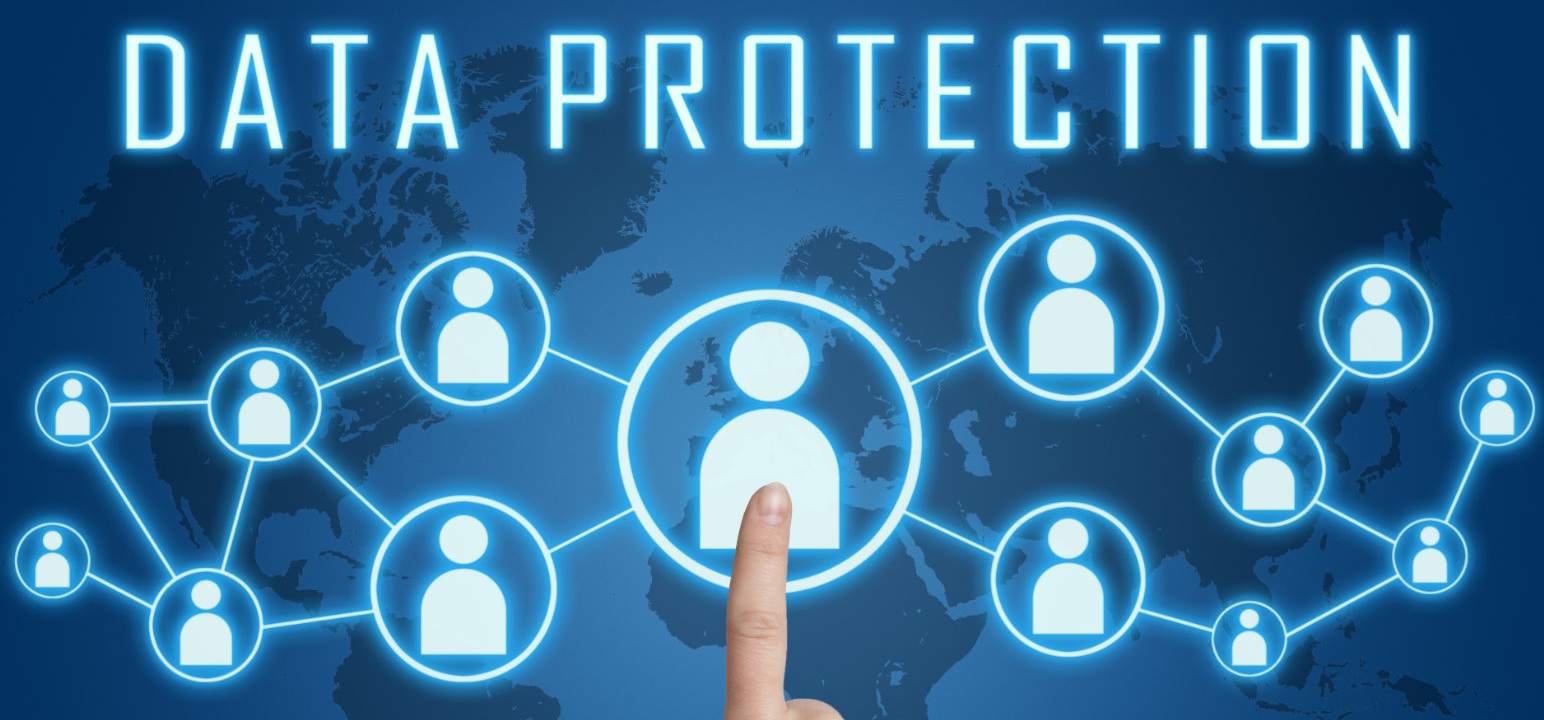Frequently Asked Questions (FAQ) on the Appointment of Personal Data Protection Officers (DPOs) by Ministry of Digital
-
Who is a Personal Data Protection Officer?
A Personal Data Protection Officer (DPO) is an individual appointed by an organization under Section 12A of the Personal Data Protection Act 2010 (Act 709) to ensure compliance with the Act. -
When does the appointment of a Personal Data Protection Officer take effect?
The appointment takes effect on June 1, 2025. -
Is every organization required to appoint a Personal Data Protection Officer?
- Not all organizations are required to appoint a DPO. However, a data controller or processor must appoint one or more DPOs if processing involves:
- Personal data exceeding 20,000 subjects.
- Sensitive personal data, including financial information, exceeding 10,000 subjects.
- Activities requiring regular and systematic monitoring, such as online user behavior tracking.
-
What are the primary duties of a Personal Data Protection Officer? A DPO is responsible for:
- Advising data controllers and processors on personal data processing under Act 709.
- Supporting the application of data protection regulations.
- Monitoring compliance with Act 709 and internal data protection policies.
- Providing guidance on data protection impact assessments.
- Acting as the main liaison with the Commissioner on compliance, data processing, and subject rights.
- Managing data breaches and security incidents appropriately.
-
How should an organization notify the appointment of a Personal Data Protection Officer to the Commissioner?
Organizations required to appoint a DPO must notify the Commissioner within 21 days of appointment. Notifications must be submitted through the Personal Data Protection System (SPDP) at https://daftar.pdp.gov.my. -
Is there a minimum professional qualification required to be appointed as a Personal Data Protection Officer?
There is no mandatory professional qualification unless determined otherwise by the Commissioner. However, organizations must ensure DPOs receive relevant and adequate training to perform their duties effectively. -
What skills and expertise are required for a Personal Data Protection Officer?
A DPO should have:- Advising data controllers and processors on personal data processing under Act 709.
- Knowledge of Act 709 and relevant data protection laws.
- Understanding of business operations related to data processing.
- IT and data security knowledge.
- Strong integrity and corporate governance awareness.
- The ability to foster a culture of data protection within an organization.


![[theedgemalaysia] New Horizons: Turning a love of strangers into a white label for hotels](https://filoxenia.asia/wp-content/uploads/2025/03/van-teng-ent-tem1305_20200212153846_theedgemarkets-720x480.webp)
![[bfm89.9] Bringing Malaysian Hospitality Back](https://filoxenia.asia/wp-content/uploads/2025/03/1812_filoxenia2-720x480.jpg)
![[theSun] Filoxenía - white label operator option for hotel owners](https://filoxenia.asia/wp-content/uploads/2025/03/p13-bz-image-572a2026-ke_779684_20191118191537-720x480.jpg)